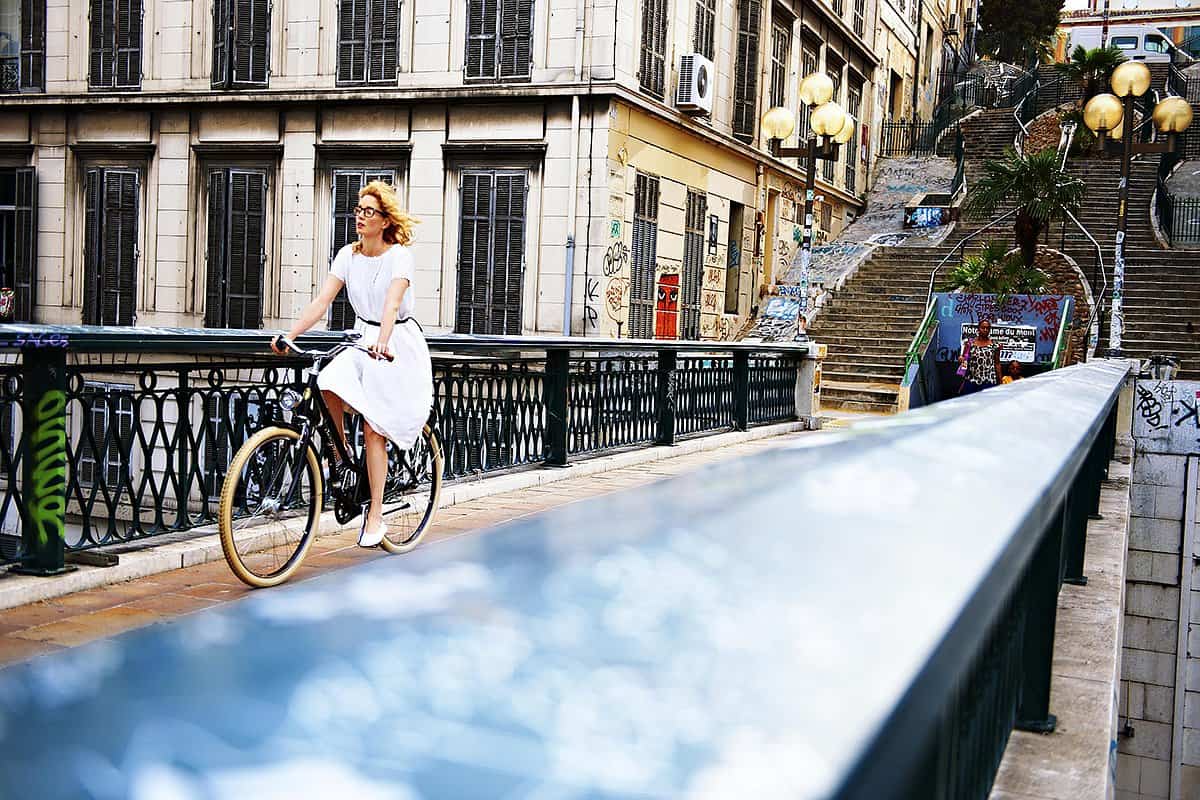Wine flights
For years, the wineries of California’s Napa Valley relied on pesticides to keep rodents off their grapes, but by the 1980s it was becoming clear the practice was unsustainable — certain wines had begun to exhibit a toxic taint. It was around then that the vintners realized they would need to turn to a more natural rodenticide: owls.

In the decades since, Napa Valley’s wineries have been installing nest-like boxes among their grapes, creating cozy homes for the voracious birds of prey. How voracious? A farmer with 20 owl boxes can expect those owls to catch some 70,000 rodents per year. In January 2021, California enacted a law restricting rodenticides, but industry lobbying created a loophole for agricultural use. Despite this, the owl method is winning: Today, 80 percent of Napa Valley winemakers control their rodent populations using owls, while only 21 percent use rodenticides. “Whether the use of barn owl boxes caused that reduction in rodenticides is, of course, not proven,” said one wildlife researcher. “Nonetheless, this result is encouraging.”
Hop on the bicibús!
Every day in Barcelona, hundreds of children are riding their bikes to school together in a vivid display of impromptu street reclamation.
The bicibús, or “bike bus,” started last month, when a small group of families organized a bike ride to school for their kids. In just a few weeks, the bike bus has grown to include hundreds of children and their parents. By clustering together, the kids can ride down the middle of a normally car-clogged street, keeping traffic at bay and creating safety in numbers. The bike bus even makes several stops on its way to the school so more kids can join the group. It’s become so popular that police vehicles have begun escorting the ride, which takes about 25 minutes.
“Bicycles are a means of transportation and if a five-year-old can ride a bike to school it means that everyone else could,” said one mom who rides with her son. “If the population uses their bikes, there will be a healthier, quieter and overall better city to live in.”
Five stars
The world is increasingly open for business, but adherence to basic safety measures at restaurants, bars and stores varies widely. How can you know what to expect when you get there?
Weighed down by negative news?
Our smart, bright, weekly newsletter is the uplift you’ve been looking for.In a growing number of cities, Yelp-like crowdsourced reviews are popping up in which customers detail local businesses’ adherence to Covid safety measures. Users can note whether an establishment provides outdoor services, enforces physical distancing, requires proof of vaccination, or has its employees wear masks. “The last time I went to Revive Nail Salon they required a mask,” read one approving review on the Facebook group Mask Up Huntsville. “I use Luis and love how he does my pedicures.”
There are signs the reviews might be persuading businesses to be more cautious. Last summer, one Georgia supermarket chain wasn’t complying with a local mask mandate. After some negative online reviews, in August the company announced it was changing its policy. “We wholeheartedly agree with the concerns mentioned,” it said. “Effective immediately, we will be following all locally mandated guidelines.”










